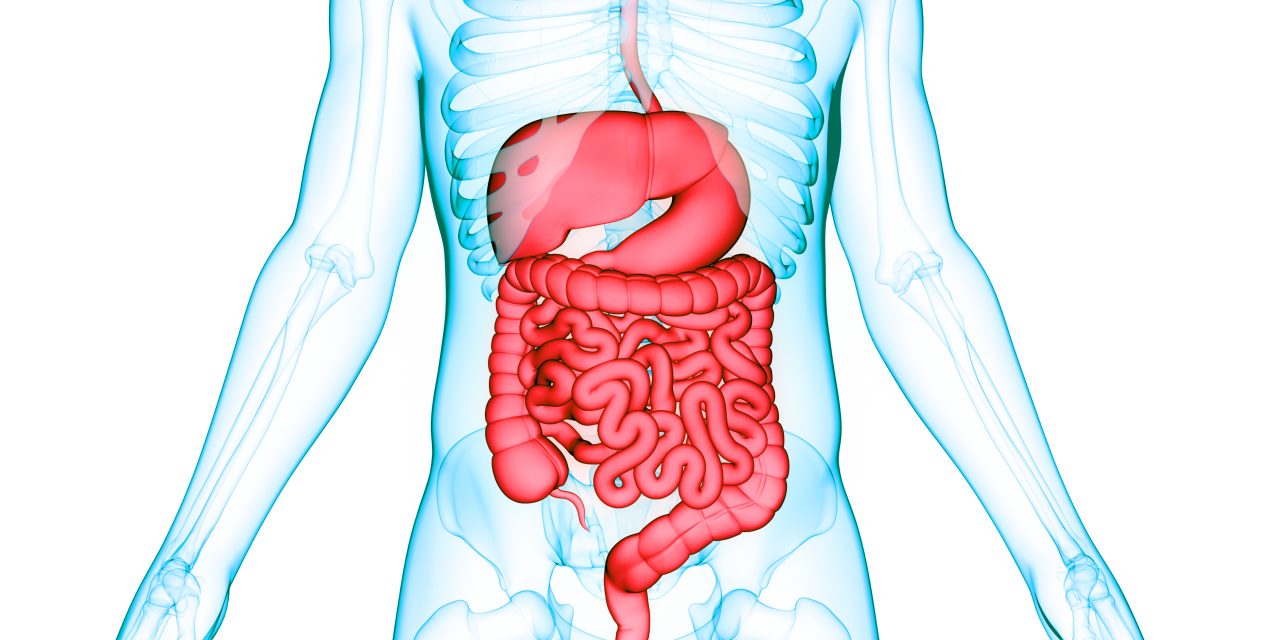Proton pump inhibitor (PPI) therapy fails to provide adequate symptom control in up to 50% of patients with gastroesophageal reflux symptoms. While a proportion do not require ongoing PPI therapy, a diagnostic approach to identify candidates appropriate for PPI cessation is not available. This study aimed to examine the clinical utility of prolonged wireless reflux monitoring to predict ability to discontinue PPI.
This double-blinded clinical trial performed over three years at two centers enrolled adults with troublesome esophageal symptoms of heartburn, regurgitation, and/or chest pain and inadequate PPI response. Participants underwent prolonged wireless reflux monitoring (off PPI for >7 days) and a three-week PPI cessation intervention. Primary outcome was tolerance of PPI cessation (discontinued or resumed PPI). Symptom burden was quantified using the Reflux Symptom Questionnaire electronic Diary (RESQ-eD).
Of 128 enrolled, 100 participants met inclusion criteria (mean age 48.6 years; 41 male). Thirty-four (34%) participants discontinued PPI. The strongest predictor of PPI discontinuation was number of days with acid exposure time (AET)>4.0% (OR 1.82;p4.0% had a 10 times increased odds of discontinuing PPI than participants with 4 days of AET>4.0%. Reduction in symptom burden was greater among the discontinued versus resumed PPI group (RESQ-eD: -43.7% vs -5.3%;p=0.04).
Among patients with typical reflux symptoms, inadequate PPI response, and absence of severe esophagitis, acid exposure on reflux monitoring predicted ability to discontinue PPI without symptom escalation. Upfront reflux monitoring off acid suppression can limit unnecessary PPI use and guide personalized management.
Copyright © 2020 AGA Institute. Published by Elsevier Inc. All rights reserved.
AMBULATORY REFLUX MONITORING GUIDES PROTON PUMP INHIBITOR DISCONTINUATION IN PATIENTS WITH GASTROESOPHAGEAL REFLUX SYMPTOMS: A CLINICAL TRIAL.


